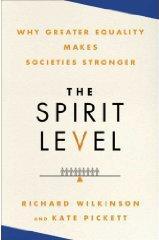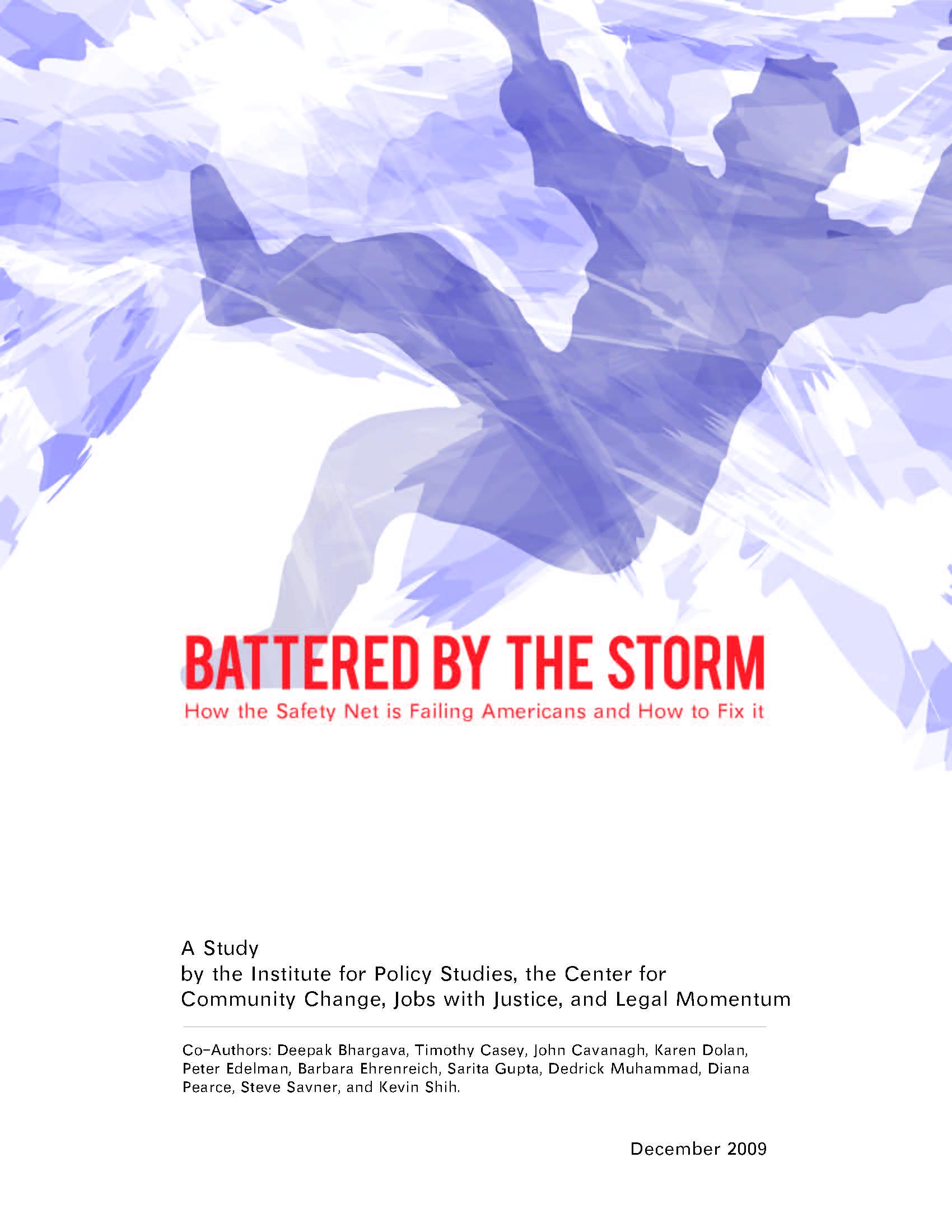Does Israel Belong in the Club?
The club of the richest countries in the world is about to invite Israel to join. But does it really meet the political requirements?
The club of the richest countries in the world is about to invite Israel to join. But does it really meet the political requirements?
Thought bankers had learned their lesson in 2008? Think again.
If negotiators aren’t careful, a U.S.-China investment treaty could prove as explosive as currency manipulation or climate change.
The Supreme Court’s ruling to permit unlimited corporate financing in elections will open the floodgates of increased corporate influence over our democratic electoral process.

Where in the developed world do people live the longest? Where do people born at the bottom of the economic ladder have the best shot at climbing up? In which nations do children do best in school? Which countries send the most people to prison; have the teenage pregnancies and suffer the most homicides? The answers matter and are indicative of a society’s overall health and the quality of life for its citizens. That is the contention of eminent British epidemiologists Richard Wilkinson and Kate Pickett, authors of The Spirit Level: Why Greater Equality Makes Societies Stronger.
Selected quotes reflecting a range of views on the issue from U.S. officials and business leaders.
What horrors will befall our nation’s wealthy when one of the most bizarre twists in tax legislation in history comes to pass?

While the world focuses on Afghanistan, Africa is addressing the global economic crisis in new ways.

The economic crisis is still on the rise for millions of Americans, while at the same time the social safety net is failing to support many of them.
The Obama administration has announced that it is expediting negotiations on a bilateral investment treaty (BIT) with China and is in similar talks with several other countries. At the same time, the Administration is conducting an inter-agency review of the U.S. model BIT, the template that serves as a starting point for substantive negotiations. These treaties, as well as the nearly identical investment chapters of trade agreements, have become increasingly controversial.
In a recent advisory committee report to the State Department, several labor, environmental, and other public interest organizations raised concerns that current rules facilitate and accelerate the off-shoring of U.S. jobs, allow private investors to undermine environmental protections by suing for damages in international tribunals, and prohibit certain policies designed to prevent or mitigate financial crisis. Moreover, rising foreign investment in the United States increases the likelihood that U.S. laws will be the target of investor lawsuits, particularly if the U.S. government ratifies deals with China and other major economies. This briefing will feature perspectives from individuals who served on the advisory committee.
This briefing is sponsored by Senator Sherrod Brown (D-OH).
Speakers: Labor standards: Owen Herrnstadt, International Association of Machinists and Aerospace Workers Environmental protections and conflicts with U.S. law: Matthew C. Porterfield, Harrison Institute for Public Law – Georgetown Law China and state-owned enterprises: Linda Andros, United Steelworkers Financial stability: Kevin Gallagher, Boston University Moderator: Sarah Anderson, Institute for Policy Studies Organized by: AFL-CIO; Center for International Environmental Law; Earthjustice; Global Development and Environment Institute, Tufts University; Institute for Policy Studies; International Association of Machinists and Aerospace Workers; Sierra Club; and United Steelworkers of America.
The nation needs to commit itself to lasting Native American advancement.
Guest columnist Sarah Anderson served on an Obama advisory group on economic policy. Here’s the inside story.
Is the administration really curbing bloated CEO pay?
Wall Street might be bouncing back, but what about the rest of us?
These organizations can be a source of comfort and strength in a time of financial uncertainty.